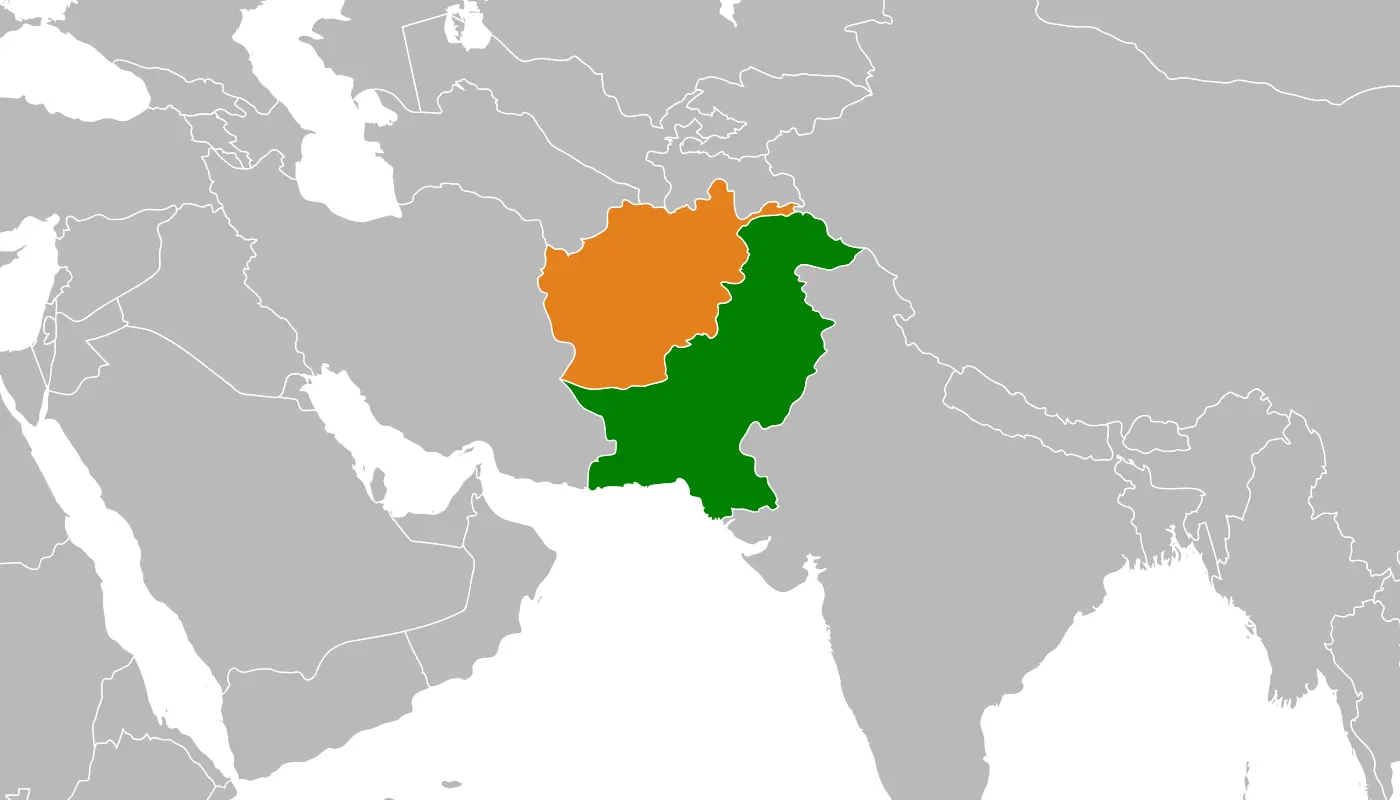Pakistan-Afghanistan Ceasefire Agreed for 48-Hour, following a surge in cross-border hostilities that has resulted in dozens of deaths and hundreds of injuries.
The truce, set to begin at 6:00 pm Pakistan time on Wednesday, was affirmed by Islamabad’s foreign ministry.
The government described it as a temporary pause to hostilities, during which both sides will “sincerely strive to find a peaceful and positive solution to this complex but resolvable issue through constructive dialogue.”
Reports differ on who called for the ceasefire. In Islamabad’s version, it was requested by Kabul, while in Kabul the Taliban’s spokesperson, Zabihullah Mujahid, said the pause was the result of “insistence” by Pakistan.
The lead-up to the truce was marked by intense clashes along the Afghanistan-Pakistan border from October 10. The United Nations reported at least 18 deaths and over 360 wounded during the violence.
Civilian casualties were heavy, particularly in southern Afghanistan’s Spin Boldak area, with some estimates citing as many as 37 deaths and 425 injuries in regions bordering Pakistan.
Afghan authorities have accused Pakistan of launching twin drone strikes in Kabul that struck a residential area and market, killing at least five and injuring many more.
Pakistan has denied targeting civilians and maintains its operations were focused against militant groups using Afghan territory to instigate attacks inside Pakistan.
Analysts caution that the truce is fragile. The UN has urged both sides to transform the temporary pause into a lasting cessation of hostilities, emphasising the need to safeguard civilian lives and uphold international obligations.
Nevertheless, key border crossings such as Chaman and Torkham remain closed, worsening the humanitarian situation for border communities and complicating trade and movement.
This truce comes amid heightened regional diplomatic pressures. In recent years, the relationship between Islamabad and Kabul has swung between tactical cooperation and mistrust, especially after the Taliban takeover in 2021.
Pakistan frequently accuses Afghanistan of harbouring militants who launch attacks on Pakistani soil, a charge the Taliban government denies.
As the ceasefire holds, many observers are watching closely whether it will serve as a foundation for deeper talks, or whether renewed skirmishes may reignite tensions along one of the region’s most volatile frontiers.
Sources: Afghanistan & Pakistan local news media, Politico, Reuters, AP News




